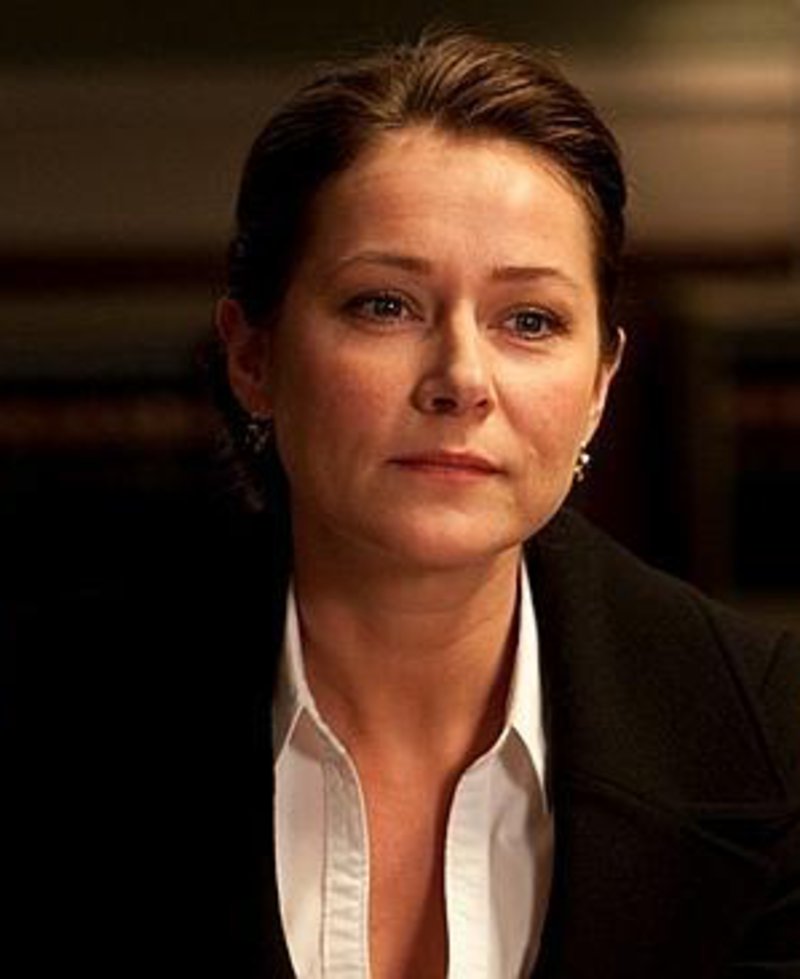els bastards
Borgen, a lesson in authentic politics
I have a confession to make. People had been recommending Borgen to me for months, but I couldn't really be bothered. A Danish television series, forget about it! Then one day, working on a report about which TV series politicians watch, to be published on Els Bastards blog (and in this issue of Catalonia Today on page 38), ICV leader, Joan Herrera, told me that Borgen is one of the best things on telly at the moment. The eco-socialist even made a joke about how the politician protagonist of the series, Birgitte Nyborg, goes to parliament on a bike, like he does.
At the time I wasn't watching anything in particular (I'd just finished The Walking Dead and didn't know whether to start the third season of Homeland) so I decided to check Borgen out. I am glad I did! After only five minutes I was gripped by the stories of Nyborg, the first woman who becomes a Danish prime minister, her adviser, Kasper Juul, the spats between socialists and moderates and the close relationship between politics and the media, represented by the figure of the TV presenter, Katrine Fonsmark. On finishing the first episode, I got up and applauded, all by myself. I had found a new world that would not be easy to escape from.
Everyday politics
However, Borgen is not new. On the contrary, it is from 2010 and has already finished after three seasons. Yet, it seems as if the series is finally reaching domestic audiences through word of mouth and is quickly becoming something of a phenomenon. You should not expect a new Frank Underwood from House of Cards, nor a European version of the West Wing. Borgen is about everyday politics, real politics. There are no fireworks; this is a show about a prime minister's daily life, an existence that requires a balancing act to maintain cohesion within the multi-coloured government she heads, with all the complications that implies. In some ways, it reminds one of the Catalan tripartite coalition. However, Borgen —the name by which the Danish castle of Chiristiansborg is known, which houses the parliament, the prime minister's office and the supreme court— is also about how the stressful life of the prime minister has nasty consequences on her family of husband and two children. A significative scene is when one of Nyborg's associates reminds her that her party has always fought to allow Danes to balance work and family life, while the irony is that politicians are the first ones unable to do so.
The great thing about this series is that it is credible, even though at times the relationship with the media strays into fiction. What's more, the Danish political system, so close to our own, feels more familiar than that of the States, and there is no need for a master class on US politics, as is the case sometimes with series like The West Wing or House of Cards. Even Scotland's prime minister and the successor to Alex Salmond, Nicola Sturgeon, has confessed to being an avid watcher of this political drama.


